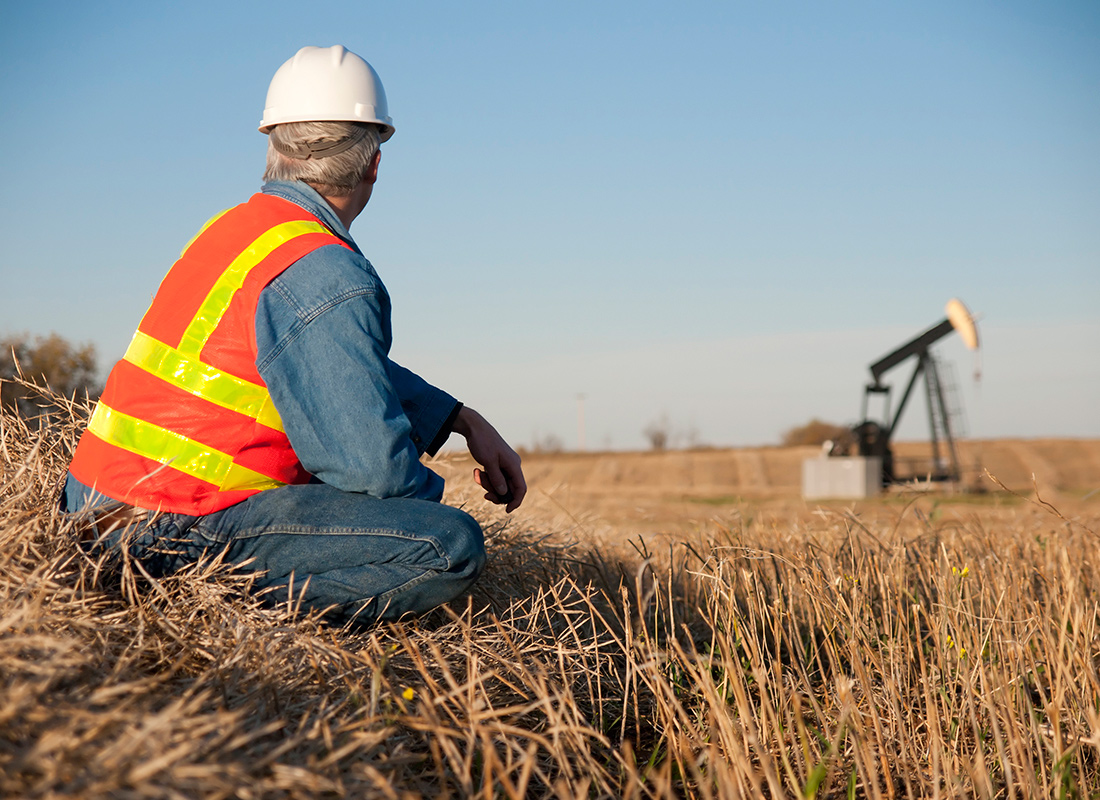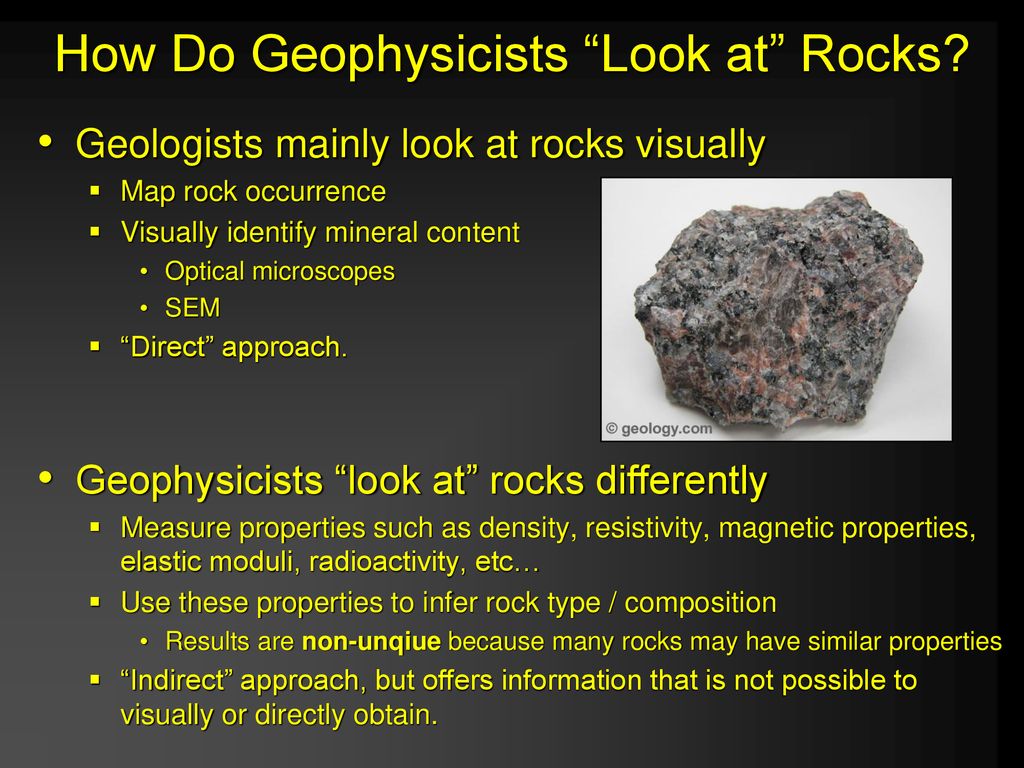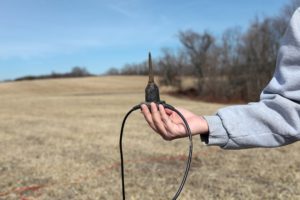All Categories
Featured
Table of Contents
Career Guide: Geophysicist in Merriwa Western Australia 2021
This work is progressively contracted out, so consultancies supply another source of employment. Consultancy firms vary in size, from extremely small business to big multinationals. Some consultancies are rather specialised in utilizing specific geophysical methods or working in specific locations, while others use a more varied series of services to their clients.
The extraction of gas from land fill websites is another area of work and this might grow in the future. Exploration business may undertake work for building companies, water companies, mining business and environmental agencies, so geophysicists may be employed in any of these settings. Other employers include: geological surveysgovernment bodies and agenciesuniversities and research institutes.


Vacancies might be listed in the oil and gas sector press. Recruitment is impacted by oil cost fluctuations and the level of competitors for positions varies depending upon this. Careers Days, which cover the complete variety of geoscience careers and are normally attended by a variety of key industry employers, are run by The Geological Society.
Geophysical Surveying - Methods And Applications in Beaconsfield Aus 2023
Some of the large oil and gas companies use a complete two-year structured training program throughout the breadth of geophysics, consisting of the opportunity to experience operate in various teams prior to specialising in one area. Your training might include deal with: existing wellsmagnetic and gravitational potential field information analysisresearchrock analysis. It's more normal for your initial training to be supplied on the job.

There may be a probationary duration throughout which you work alongside an experienced colleague. Competency-based appraisals occur frequently in many firms. In smaller companies, and for scholastic posts, there is unlikely to be any official training - you'll be anticipated to start work straightaway and get skills as you go along.
If you work for a smaller company, you might find that you need to take duty for setting up and moneying your own advancement and training. If you have a geology degree, membership of The Geological Society can be useful for networking and for keeping up to date with the industry.
Geophysical Surveys in Currambine Aus 2021
You may also find it beneficial to join the PESGB (The Petroleum Expedition Society of Great Britain, which has a geophysics special interest group. After a probationary duration, and once you've acquired some experience, you could progress to senior geophysicist, then group leader and then into a senior role in management.
The ease of movement in between roles depends on the company structure. Research study at Masters or Ph, D level in a subject associated to geophysics or geosciences might aid with your profession development and progression. The work market within the oil and gas industry is really depending on cost and this may impact your opportunities for profession development.
For skilled geophysicists, freelance consultancy offers a good route for career advancement. As a geophysicist, you're most likely to have numerous jobs throughout your working life.
Geophysical Surveying - Methods And Applications in Jolimont WA 2022
From geophysics, it's possible to focus on seismology (finishing more training to become a seismic interpreter) or to move into related areas such as engineering geology or danger prediction.
Deciding what to study in college is a tough option. Even if you understand that your field of interest lies in science, what program of research study is right for you?
But the very first step to achieving your objective of ending up being a geophysicist is making a degree. Even for entry-level positions in the field of geoscience, you'll need a bachelor's degree (a geophysicist college degree) from a certified college or university. Some research study positions require candidates to hold master's degrees and even Ph.
What Does A Geoscientist Do? in Joondanna WA 2022
Doctoral degrees are especially essential if you plan to teach at a four-year organization. Geophysicists use physics ideas and strategies to study the gravitational, magnetic, and electric fields of the earth. This advances researchers' understanding of both the planet's interior core and its surface area. Geophysicists need to be able to: analyze rocks, pictures, and other pieces of data perform research study both in the field and in laboratories create maps and charts of their findings compose reports To achieve all this, students need a specialized education for geophysicist professions.
As stated above, you'll need a bachelor's degree in geoscience or a related discipline, such as a physical science or a life sciences, to land an entry-level task. However trainees can likewise prepare by learning subjects like: Biology Chemistry Computer system science Engineering Mathematics Physics The above geophysicist majors offer a more generalized approach to a single scientific discipline, but many programs require trainees to take several geology course.
Latest Posts
What Should I Do To Be A Geophysicist? in Subiaco WA 2022
Geophysicist - Jobs And Skills Wa in Midland Western Australia 2023
Career Guide: Geophysicist in Tapping Aus 2022